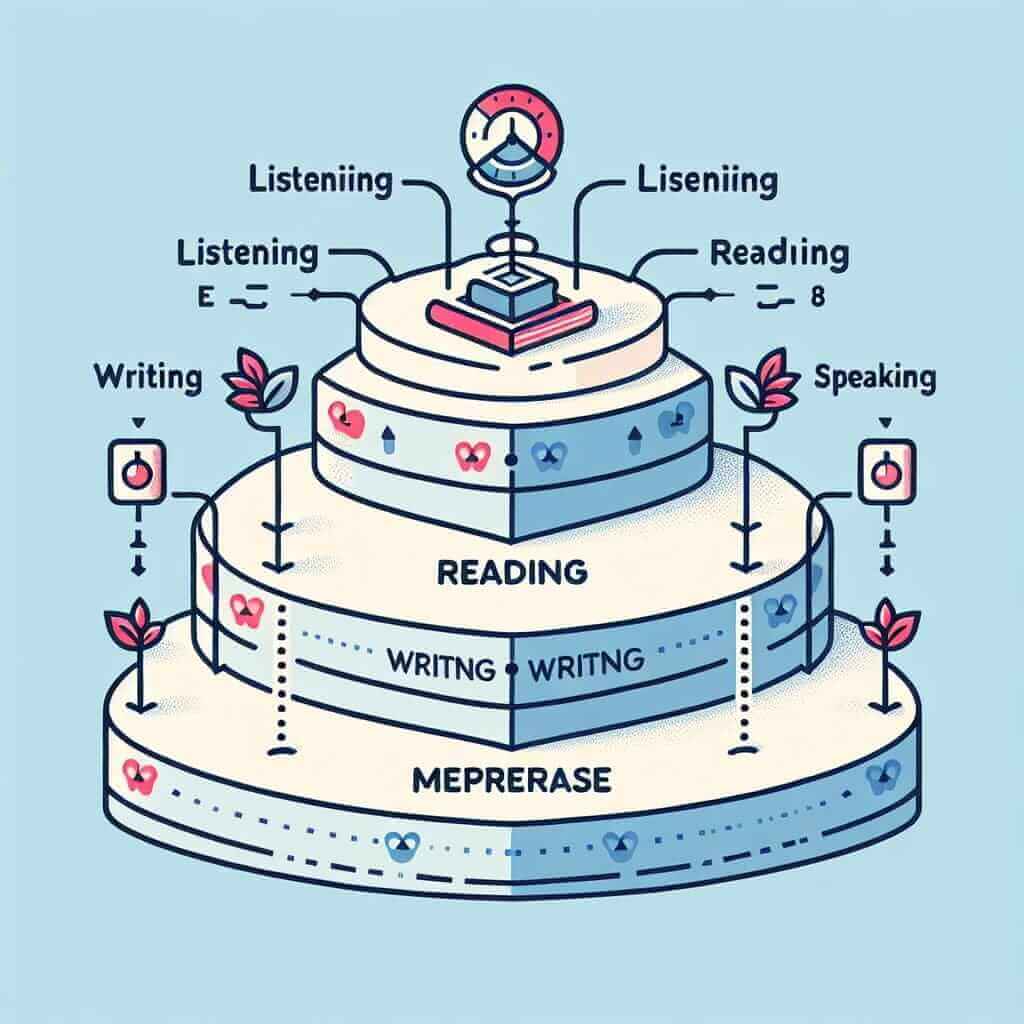The IELTS exam is a rigorous assessment of your English language proficiency, designed to test your reading, writing, listening, and speaking skills. It’s only natural to wonder about the tools you’re allowed to use during the test, and a common question that arises is: “Can I use a dictionary during the IELTS test?” In this article, we’ll delve into this query, explore related concerns, and equip you with the information you need to approach your exam with confidence.
Understanding the Rules: Dictionaries and the IELTS Test
Let’s address the elephant in the room: No, you are not permitted to use a dictionary during any part of the IELTS test, whether it’s the paper-based or the computer-delivered test. This rule applies to all dictionary formats, including physical dictionaries, electronic dictionaries, and online dictionaries.
The IELTS exam aims to assess your independent English language skills, and dictionary use would contradict this objective. The test is designed to evaluate your existing vocabulary and your ability to comprehend and utilize language within a controlled environment.
Why Dictionaries are Prohibited
The prohibition of dictionaries during the IELTS test is rooted in several key reasons:
- Fairness and Standardization: The IELTS test maintains a level playing field for all test takers worldwide. Allowing dictionaries would give an unfair advantage to some individuals and compromise the standardized nature of the exam.
- Authentic Skill Assessment: The IELTS test assesses your actual English language skills. Using a dictionary would mask your true vocabulary range and comprehension abilities.
- Real-world Communication: In real-world situations, you won’t always have a dictionary at your fingertips. The IELTS test reflects this reality by requiring you to rely on your own language resources.
 IELTS Exam Structure
IELTS Exam Structure
Common Scenarios and FAQs
Let’s explore some common scenarios and frequently asked questions regarding dictionary use during the IELTS:
1. What if I encounter an unfamiliar word in the reading or listening sections?
The IELTS test is designed to encompass a range of vocabulary, but you’re not expected to know every single word. Instead, focus on developing your ability to deduce meaning from context. Use surrounding words, sentences, and paragraphs to infer the meaning of an unfamiliar word.
Example:
Imagine you encounter the word “ephemeral” in a passage about fashion trends. The sentence reads: “Fashion is often ephemeral, with styles changing rapidly.” Even if you don’t know “ephemeral,” you can gather from the context that it relates to something being short-lived or fleeting.
2. Can I use a dictionary while preparing for the IELTS test?
Absolutely! Dictionaries are invaluable tools for IELTS preparation. Use dictionaries extensively to expand your vocabulary, understand word nuances, and learn synonyms and antonyms. However, remember to practice without a dictionary as you get closer to your exam date.
3. Are there any exceptions to the dictionary rule?
No, there are no exceptions. The rule prohibiting dictionary use is strictly enforced across all IELTS testing centers and formats.
Building Your Vocabulary for IELTS Success
Since you can’t rely on a dictionary during the test, focus on developing robust vocabulary-building strategies:
- Read Widely: Engage with diverse English texts, such as novels, newspapers, magazines, and online articles.
- Use Flashcards: Create flashcards with new words and their definitions. Review them regularly to reinforce your learning.
- Learn Words in Context: Instead of memorizing isolated words, learn them within sentences or phrases to understand their usage.
- Practice, Practice, Practice: Regularly engage in IELTS practice tests and mock exams to familiarize yourself with the test format and build your vocabulary in context.
Conclusion
While you cannot use a dictionary during the IELTS test, don’t let this deter you. View it as an opportunity to showcase your genuine English language abilities. Embrace effective vocabulary-building strategies, practice diligently, and approach your exam with the confidence that comes from thorough preparation. Your hard work and dedication will pave the way to achieving your desired IELTS score.


